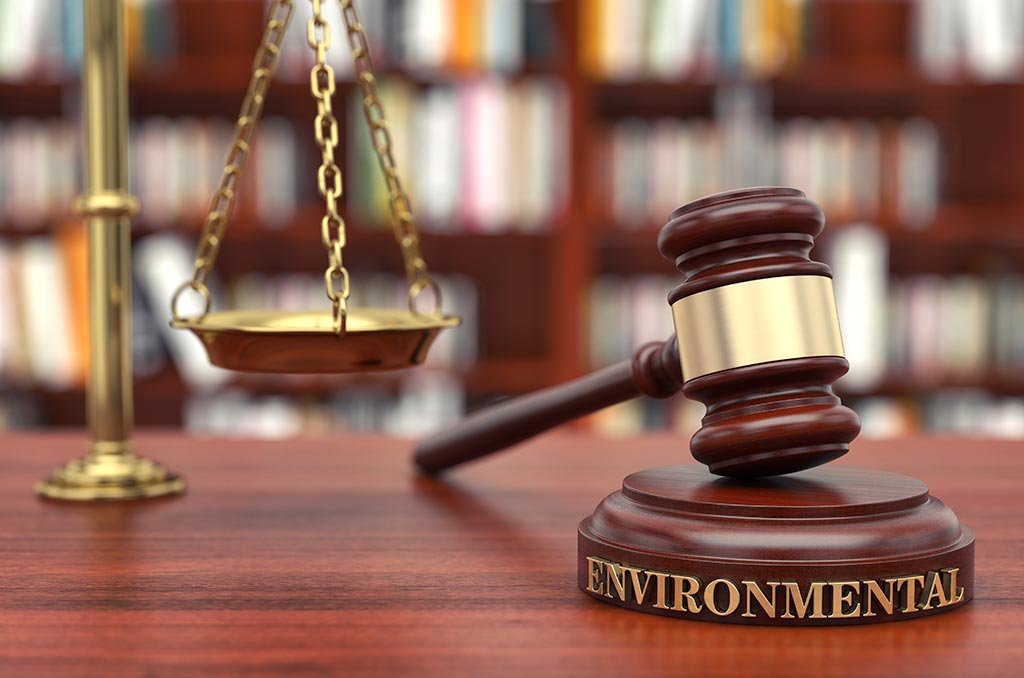Environmental Act
- Home
- Sustainability Law
- Environmental Act

Environmental Act
Since 2021, sustainability has also played an important role in Dutch environmental law. The Omgevingswet (Environment Act) is part of this. Because the current national legislation does not yet offer enough possibilities to promote the transition to a sustainable society, sustainability is central in the new Environment Act. In it, sustainability is clearly defined as ‘guaranteeing the possibilities for existence of all people on earth, here and now, elsewhere and later’, which includes ‘a clean environment and a sustainable energy supply, the competitiveness of the economy, the future-proofing of care, development cooperation, education, cultural heritage, employment [and] the financial system‘. For this description of ‘sustainable development’, the legislator refers to the definition in the UN report Our Common Future. After all, the definition of sustainability is developing at international, European and national levels.
In light of this definition, the following objectives of the Environment Act should also be considered: a) the achievement and maintenance of a safe and healthy physical living environment and good environmental quality; and b) the efficient management, use and development of the physical living environment to fulfil societal functions. Incidentally, the Environment Act does not contain any sustainability objectives, but it does offer administrative bodies the possibility to draw them up in the environmental vision and programmes. However, Article 1.3 of the Environment Act does provide clear guidance on the duty of care for citizens and businesses included in Article 1.6 of the Act, namely that they must take sufficient care of a good living environment. These provisions guarantee sustainable development for the entire domain of the physical living environment. The Act requires a coherent approach from the start of the decision-making process to all relevant interests: space, water, nature, health and housing.
In general, the Environment Act only contains the main lines of the environment and sustainability law on a national level. The Act will be further elaborated in the four General Administrative Measures (the Environment Decree, Living Environment Quality Decree, Living Environment Activities Decree and the Building (Environment) Decree) and the Environment Regulations. In addition, supplementary regulations, decrees and laws are possible which, incidentally, are part of the four ongoing policy developments in the areas of nature, soil, noise and land ownership. Although the Environment Act provides more clarity at the national level, also with regard to sustainability law, it is still a complex legal system. At Law & More we understand that it can be difficult for companies to navigate their way through this system. That is why our specialists in the field of environmental and sustainability law are ready to assist you. Do you have any questions about environmental law or need advice? Then please contact Law & More.
- Environmental Law
- International climate framework
- The international sustainability debate
- The European Green Deal
- Emission Allowances
- Innovation
- Biodiversity (CBD)
- Trade in endangered animal and plant species (CITES)
- Trade law
- Consumer law
- Corporate Social Responsibility
- Sustainability clauses in commercial contracts
- Financing
- The Energy Investment Allowance (EIA)
- The cartel prohibition and sustainability
Contacts
Address
De Zaale 11
5612 AJ Eindhoven
The Netherlands
Do you want to know what Law & More can do for you as a Dutch Law Firm in Eindhoven?
Then contact us by phone +31 40 369 06 80 or go to the contact page for more information:




